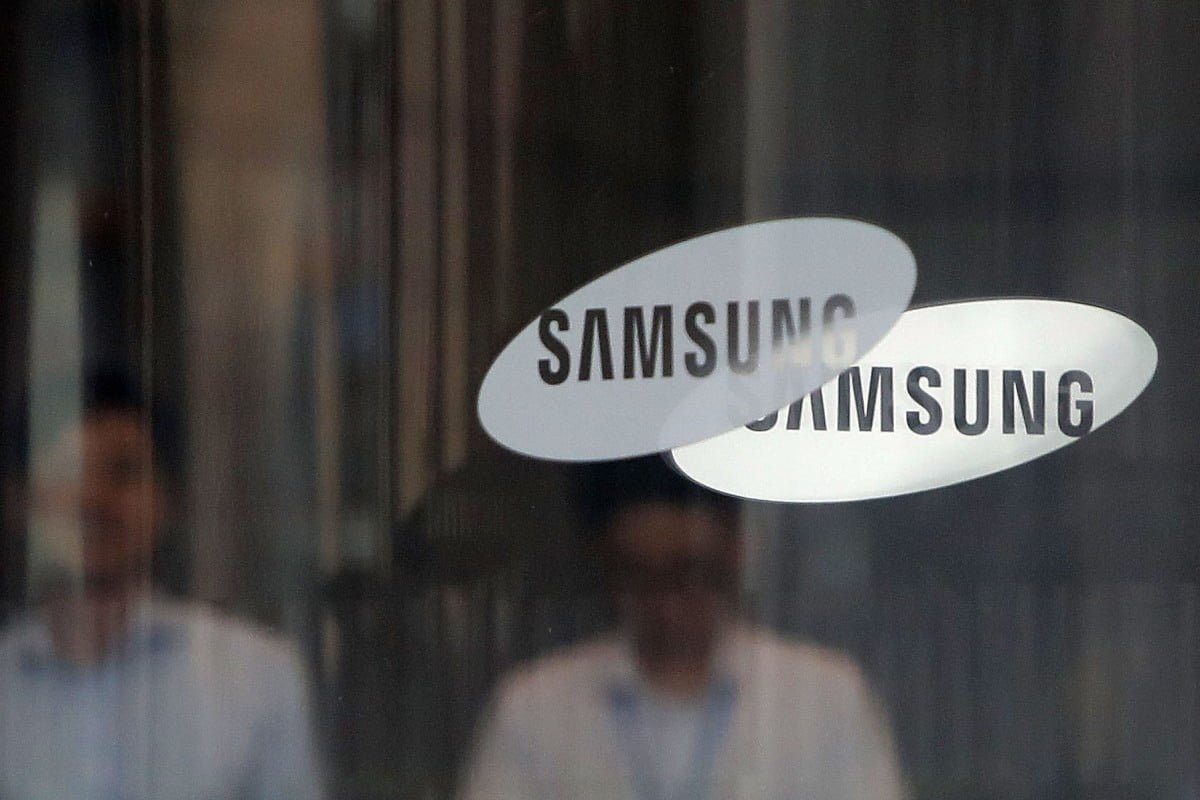Samsung Electronics’ operating profit tumbled to an eight-year low of $3.4 billion in the quarter ending Dec. 2019, a 69% plunge due to high inflation and a slowing economy that have weakened demand for memory chips and smartphones.
“We saw a sharp drop in overall earnings quarter-on-quarter due to weak demand and smartphone sales, compounded by external uncertainties such as the potential global economic downturn,” the company said.
Samsung’s Q2 sales totaled 70T won ($55B), down 8.6% y/y.
Demand for memory chips, such as DRAM and NAND used in gadgets and data centers, has dropped sharply. As a result, manufacturers and vendors have had to lower their prices – this is the latest report from TrendForce.
The memory business faced a sharper than anticipated drop in demand for the fourth quarter, as customers sought to reduce their spending due to worries about consumer confidence. Meanwhile, profits from mobile experience business declined amid lackluster sales and revenue resulting from prolonged macroeconomic issues.
Chip firms Micron and SK Hynix plan to cut capital expenditures and inventory this year, while Samsung has declared no intention of doing so.
Semiconductor companies face a geopolitical risk due to the tech war between the U.S. and China, exemplified by Oct. 2020’s introduction of export controls requiring licenses for semiconductor chip sales to Chinese firms for supercomputers and AI use.
Samsung has received a one-year reprieve from the US government to keep ordering chip manufacturing equipment for its Chinese plants, such as NAND flash memory in Xi’an and a chip-packaging facility in Suzhou. Despite this exemption, there is still risk that U.S. restrictions could affect chip firms with customers in China.
South Korea announced this week that it will offer increased tax incentives to its semiconductor companies, in order to bolster the country’s critical industry and support Korean chip producers. The decision follows Samsung and SK Hynix paying the highest corporate taxes among top 100 global chip makers, including TSMC, Intel and SMIC, for 2021.
South Korean finance ministry has increased the tax credit for large chip conglomerates to 15% and small/mid-sized companies to 25%, up from 8% and 16%. These new benefits will help boost investment in manufacturing facilities.
The tech giant will announce full Q4 earnings, including net profit, at month’s end.








